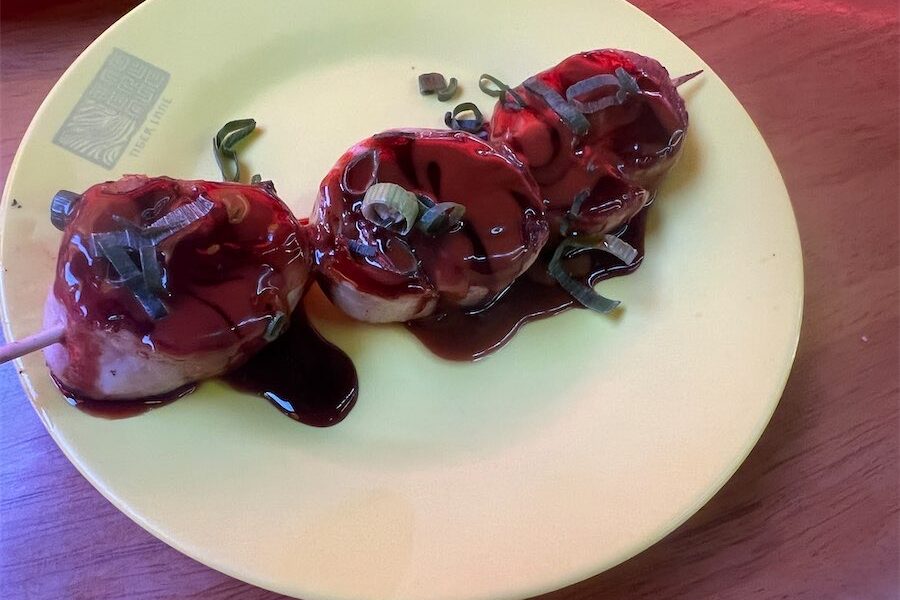GLUTEN has been in the spotlight a lot over the last decade, which is helpful for some but very confusing for others.

Gluten is the protein found in several grains; wheat, barley, rye and spelt. It’s what gives dough its elasticity and allows bread to keep its shape after it rises during baking.
Interestingly, oats don’t contain gluten. They do contain a protein called avenin, which is very similar to gluten. Oats are often grouped with gluten-containing grains because of the cross contamination that occurs during processing.
So why is gluten such a big deal? The simple answer to that is coeliac disease, an autoimmune condition in which the immune system overreacts to the presence of gluten.
This overreaction causes damage, particularly to an individual’s gastrointestinal tract, which can cause reduced nutrient absorption, inflammation and an increased risk of bowel cancer.
For people with coeliac disease, the increased awareness of gluten and rise of gluten-free products, has provided a greater variety and choice at the supermarket and when dining out.
However, there are some challenges for people with coeliac disease, particularly when their condition is confused with gluten “intolerance”.
Many people without coeliac disease report a range of symptoms when consuming gluten. Commonly, bloating, abdominal cramping and pain, diarrhoea, excessive wind, fatigue and difficulty concentrating. There is evidence to suggest some individuals may have a non-coeliac gluten sensitivity. Researchers remain unsure of the physiological mechanism of this condition.
There is evidence that other components of gluten-containing foods may contribute to theses symptoms of intolerance. Wheat, barley and rye all contain fermentable sugars known as fructans. These sugars are known to cause bloating, abdominal cramping and pain, diarrhoea and excessive wind in some individuals. So it may not be the gluten that your body is reacting to, it may be the fructans.
Individuals with a non-coeliac gluten sensitivity or a fructan intolerance can consume some gluten, but high levels will cause symptoms. For people with coeliac disease, even exposures to minute amounts of gluten (as small as a crumb or granule of flour) can cause an immune overreaction. That’s why it is so important for cafés and restaurants to prepare their gluten-free products separately to any gluten-containing foods.
Should you go gluten free? A gluten-free label doesn’t mean that a product is a healthy option.
Many gluten-free products contain large amounts of sugars and fat, the same as their gluten-containing counterparts. Unless you have been diagnosed with coeliac disease, there’s no urgent need to remove gluten from your diet.
However, if you experience symptoms as a result of eating gluten, it is important to see your GP. If coeliac disease has been ruled out, consider speaking to an accredited practising dietitian, who can help you to determine whether the cause of your symptoms is gluten or other food chemicals.
Clare Wolski is a practising dietitian at The Healthy Eating Hub, call 6174 4663. healthyeatinghub.
Who can be trusted?
In a world of spin and confusion, there’s never been a more important time to support independent journalism in Canberra.
If you trust our work online and want to enforce the power of independent voices, I invite you to make a small contribution.
Every dollar of support is invested back into our journalism to help keep citynews.com.au strong and free.
Thank you,
Ian Meikle, editor




Leave a Reply